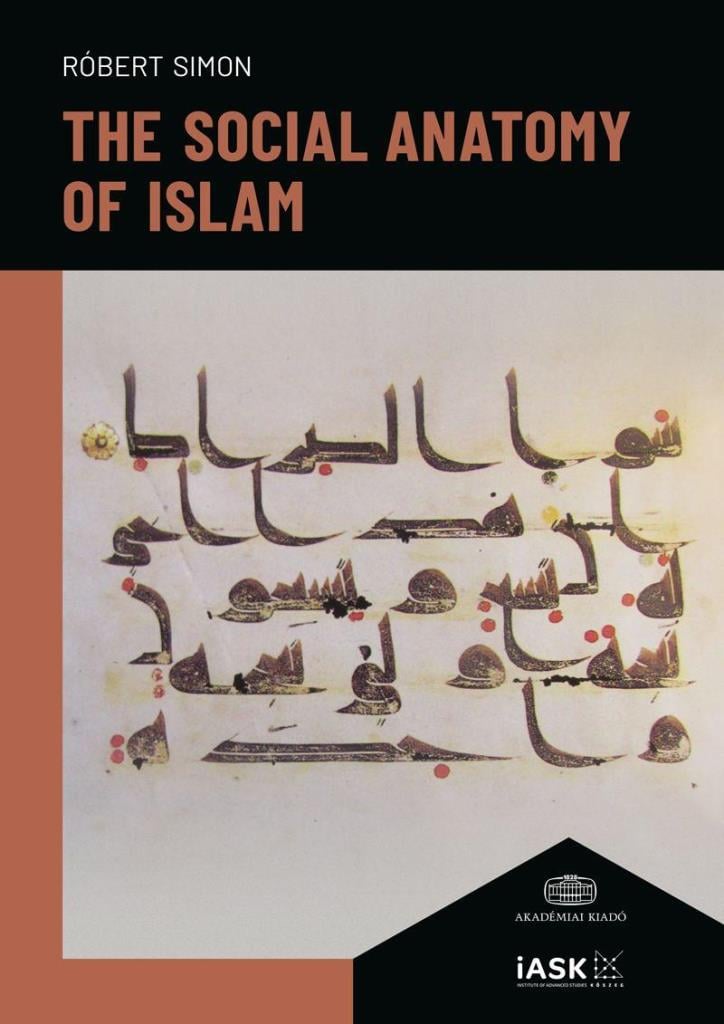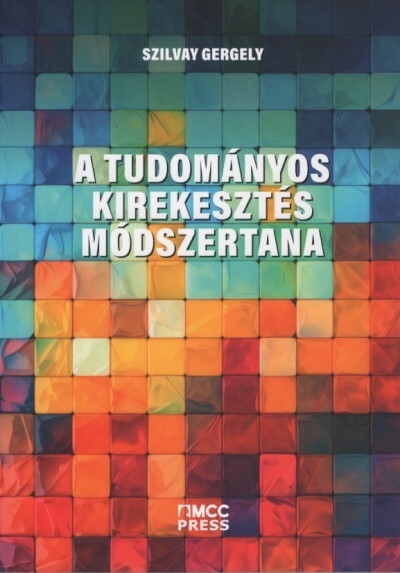
This work analyses some essential features of the classical as well modern Islamic society. Islam cannot be regarded as a religion in the strict sense of the word, because civil change marginalized it and made it into societally insignificant movement in the private sphere.
Raktári kód:
229180
Kötésmód:
kartonált ragasztókötéssel
Szállítás:
1-2 munkanap
Készleten
Eredeti ár:
4 500 Ft
Online ár:
3 780 Ft
Adatok
This work analyses some essential features of the classical as well modern Islamic society. Islam cannot be regarded as a religion in the strict sense of the word, because civil change marginalized it and made it into societally insignificant movement in the private sphere. Some consider it a kind of a politically organized formation, but politically unified Islamic society disintegrated from the second half of the ninth century, independent units came into being reproducing the original model. Others are of the opinion that Islam is an ideology.
This, however, would mean that during one and a half millennium the Muslims gave wrong answers to the different challenges. Some consider Islam as a culture, but this concept is a category of civil society subjected to permanent change. Therefore, we shall interpret Islam as society-integrating network which organized its own society, the umma on the principle of repristination or retraditionalisation.
The main topics treated in the first part of our work are: the problem of genesis; the hermeneutics of the main concepts of Political Islam counterpointed by the categories of Ibn Khaldún's power-state; integration and stratification of society; forms of changes (reform, revolt, revolution).
The second part is dealing with the problems of modern Islam, taking into account revivalist movements from the Khárijites to the Islamic State.
This, however, would mean that during one and a half millennium the Muslims gave wrong answers to the different challenges. Some consider Islam as a culture, but this concept is a category of civil society subjected to permanent change. Therefore, we shall interpret Islam as society-integrating network which organized its own society, the umma on the principle of repristination or retraditionalisation.
The main topics treated in the first part of our work are: the problem of genesis; the hermeneutics of the main concepts of Political Islam counterpointed by the categories of Ibn Khaldún's power-state; integration and stratification of society; forms of changes (reform, revolt, revolution).
The second part is dealing with the problems of modern Islam, taking into account revivalist movements from the Khárijites to the Islamic State.
Vélemények
Hírek







